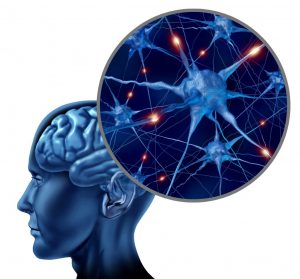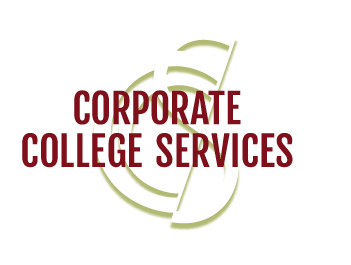Mastering Learning Series: Born to Learn
Born to Learn
We are born to learn…
and learn optimally for the lifetime!
Consider these facts from neuroscience: The greatest number of human brain cells is recorded during infancy. Each human brain enters the world equipped to meet the challenges of an oncoming learning explosion. These early years, from infancy thru pre-teen, represent the most crucial learning period of the lifetime.
All humans are born with a natural learning system…we learn naturally to walk (imagine teaching a child to walk), run and dance; we learn a language and to talk and sing…and to listen; we learn to relate…
Each and every experience shapes the foundational neural architecture of the brain. Let’s say that again: Experiences during childhood shape learning for the lifetime!
Our childhood experiences made us who we are today.
A Work in Progress
Capacity to learn is not an issue (at any age)…
Activation of neurons is key!
Our millions of brain cells, always ready to learn, must be activated: we have an experience dependent brain. Those brain cells not activated throughout childhood – not connected – simply disappear. Yes, we lose brain cells, lots of them. The rules of learning during infancy are the same as in adulthood:
Use them (neurons) or lose them!
An equally profound dynamic of this developing brain reveals a major learning distinction. Whereas the brain is measured in billions of neurons during childhood; the adult brain is measured by millions of billions of synapses (connections). Younger brains possess far more neurons than the adult brain to address their massive learning needs. While, no less powerfully, the adult brain accomplishes limitless learning via constructing complex neural networks…building trillions of connections (synapses). The adult brain is denser, heavier than the young brain. Through its natural developmental process, the young learning system simply morphs into an adult learning system.
Brain Exercises #4
At all ages, healthy brain development requires “enriched environments.” Our intelligence can be enhanced by challenging ourselves daily:
- solve math problems, invent new solutions
- interpret literature, practice wisdom, read a variety of books
- cultural stimulation: visit a museum or art show, travel
- socialize: meet new friends, enroll in a study program, volunteer
- sensory stimulation: daily walks, eat new foods, attend a concert, learn a new manipulative craft/activity
- challenge yourself; your brain depends on it!
Photo ID 29027134 © Cornelius20 I Dreamstime.com
Suggested readings and for more information: Mozart’s Brain and the Fighter Pilot and Think Smart by Richard Restak; Brain Secrets, a PBS series presented by Dr. Michael Merzenich. Other topics to research include: Neuroscience; Brain/learning; Neuroplasticity; Brain-based learning.
About the Author
Mentored by Malcolm Knowles (long considered the “father of adult education” in America), Dr. Alice F. Dyer has devoted her professional career to a brain-based approach to human development via teaching and training. She founded Corporate College Services in 1997. For more than 20 years, CCS has championed accelerated learning in the workplace.
